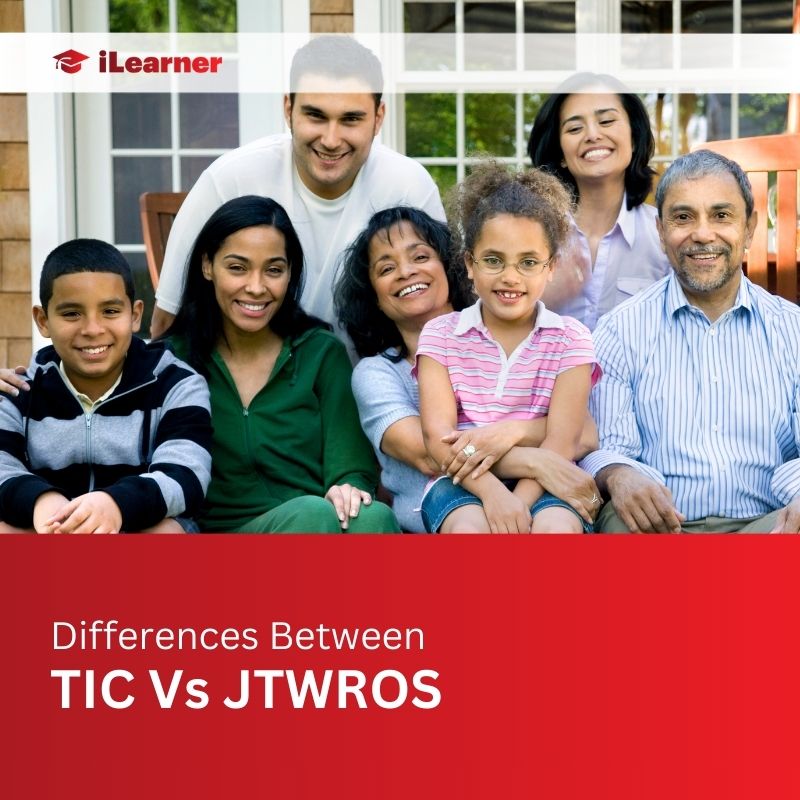In the ever-expanding realm of the vacation rental industry in the United States, the potential for entrepreneurial success is boundless. As travelers increasingly seek unique and personalized accommodation experiences, the demand for vacation rental management businesses has skyrocketed.
In this comprehensive guide, we’ll navigate the intricacies of starting and thriving in the vacation rental management business, exploring market dynamics, legal considerations, operational strategies, and more.
Understanding the Vacation Rental Landscape in the US
1. Market Analysis and Industry Trends
The first step is a deep dive into the market. Understand the current state of the vacation rental industry in the US by exploring market size, growth projections, and key trends. Technology plays a pivotal role, influencing traveler behavior and expectations. Platforms like Airbnb and Vrbo are not just tools; they are gateways to a vast audience of potential guests.
2. Regulatory Considerations and Legal Compliance
Yet, with great opportunity comes great responsibility. Navigate the regulatory landscape by comprehending federal, state, and local regulations governing vacation rental businesses. Zoning ordinances, licensing requirements, and taxation implications are vital considerations. Ensure compliance, obtain the necessary permits, and prioritize safety standards to build a solid legal foundation for your business.
Laying the Foundation for Your Vacation Rental Management Business
1. Developing a Business Plan
With a clear understanding of the market and legal landscape, it’s time to craft a comprehensive business plan. Define your target market, outline your services, and establish financial projections. Market research is the compass guiding your decisions, providing insights into customer preferences and market dynamics. A well-structured business plan is the roadmap to your success.
2. Establishing Business Structure and Legal Considerations
Legal considerations extend beyond compliance; they shape the very foundation of your business. Explore the various legal structures available, from sole proprietorship to LLCs, weighing the advantages and disadvantages of each. Seek legal advice to determine the structure aligning with your business goals, providing optimal tax benefits, liability protection, and ownership control.
Acquiring and Managing Vacation Rental Properties
1. Building Relationships with Property Owners
Now, let’s focus on the heartbeat of your business—vacation rental properties. Building relationships with property owners is a strategic endeavor. Attend real estate conferences, network with industry professionals, and leverage online platforms to attract potential property owners. Trust is the cornerstone of successful partnerships; ensure clear communication and transparent negotiations when securing management contracts.
2. Property Selection and Evaluation
Acquiring and managing properties demand a discerning eye. Consider factors like location, amenities, and the suitability of the property for your target market. Thorough property inspections are non-negotiable, revealing potential risks and maintenance requirements. Whether through direct deals, real estate agents, or investing in your own properties, the key is strategic acquisition aligned with your business goals.
Marketing and Promoting Your Vacation Rental Management Business
1. Creating a Strong Online Presence
In the digital age, an online presence is your storefront. Develop a professional website showcasing your services, highlighting property listings, and integrating seamless booking functionality. Social media platforms are powerful tools—engage potential clients, share captivating content, and build a community around your brand. Enhance visibility through strategic search engine optimization (SEO) to attract organic traffic.
2. Leveraging Online Booking Platforms and Listing Channels
Listing platforms like Airbnb, Vrbo, and Booking.com are more than mere channels; they are gateways to a global audience. Understand the benefits and considerations of each platform, optimizing your listings with high-quality photos, detailed descriptions, and competitive pricing. Maximize your reach and bookings through a strategic presence on these platforms.
3. Implementing Effective Marketing Strategies
Marketing goes beyond the digital realm. Explore traditional methods such as print advertisements, local partnerships, and participation in tourism events. Content is king—create informative blog posts, engaging social media content, and captivating videos to tell your brand story. Don’t shy away from targeted online advertising campaigns; they can be a game-changer in reaching your ideal customer base.
Providing Exceptional Guest Experiences and Ensuring Operational Excellence
1. Guest Communication and Customer Service
As guests are the lifeblood of your business, communication and customer service are paramount. Maintain responsiveness and professionalism throughout the booking process and their stay. Handle inquiries with care, resolve issues promptly, and turn negative feedback into constructive improvements. Personalized recommendations can elevate the guest experience, fostering positive reviews and repeat bookings.
2. Property Maintenance and Guest Safety
Operational excellence ensures long-term success. Have a robust emergency response plan in place, addressing unforeseen issues promptly and effectively. Property management software streamlines operations, managing bookings, maintaining guest information, and ensuring a seamless experience. Prioritize guest safety through thorough maintenance, regular inspections, and adherence to safety standards.
3. Financial Management and Profitability
Profitability is the heartbeat of any business. Set competitive rental rates based on property features, market demand, and seasonality. Maximize occupancy and revenue through dynamic pricing models and targeted promotions. Maintain accurate financial records, track expenses diligently, and manage cash flow effectively to secure the financial health of your business.
Navigating Challenges and Ensuring Long-Term Success
1. Adapting to Market Changes and Industry Trends
In the dynamic landscape of the vacation rental industry, adaptability is key. Stay informed about emerging trends and developments, adapting your business strategies to meet changing consumer preferences and technological advancements. Continuous learning and professional development are not just advisable; they are imperative for sustained success.
2. Managing Risks and Addressing Legal Issues
Success is not just about growth; it’s about resilience. Mitigate risks by obtaining necessary insurance coverage against property damage, liability claims, and business interruptions. Proactively address potential issues related to guest injuries, property disputes, and regulatory compliance. When in doubt, seek legal counsel to navigate complex legal matters and ensure the longevity of your business.
Conclusion
In conclusion, embarking on the journey of starting a vacation rental management business is a rewarding venture. By conducting thorough research, developing a robust business plan, and establishing operational procedures, you set the stage for success. Embrace technology, prioritize guest satisfaction, and remain adaptable to market changes to not just survive but thrive in this dynamic and exciting industry.
Your success story in the vacation rental management business awaits, ready to unfold in the diverse and ever-growing landscape of the United States.




